The scientific program was created with input from a global Scientific Advisory Committee and the WCGALP Permanent Committee
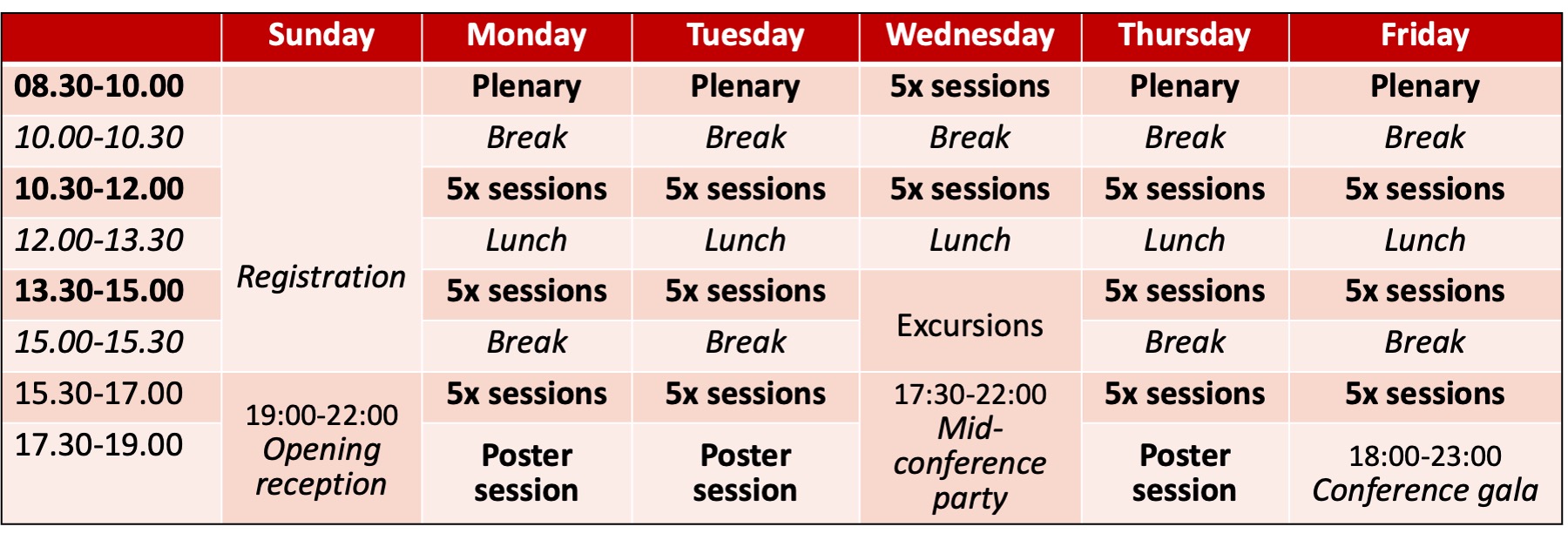
Plenary = a keynote speaker and a speaker duel
5x sessions = 5 parallel scientific sessions, each consisting of up to 1 invited talk (25 min), several contributed talks (15 min each), and poster pitches (90 sec each). Each session focuses on a specific area or species and is organized and led by international co-chairs and facilitated by ‘local’ co-chairs from the three organizing Universities.
Poster session = 2 x 45 min poster session. Posters will be displayed on electronic monitors throughout the week; however, each author will present their poster during one of the 45-minute slots.
During the lunch breaks, several workshops will be organized.
Plenary Session Keynote Speakers
Prof. Ben Hayes
Ben is Professor and Director of Centre for Animal Science, Queensland Alliance for Agriculture and Food Innovation at the University of Queensland, Australia. His ‘break-through’ into the field of animal breeding, as well as plant breeding, and human genetics, was as co-author of the 2001 genomic prediction paper by Meuwissen, Hayes, and Goddard. Through this keynote presentation, we will celebrate the 25-year anniversary of this pioneering paper and ask its co-authors to envision what the next 25 years will bring

Dr. Suzanne Rowe
Suzanne is Principal Scientist at AgResearch in New Zealand, where she leads a pioneering R&D program to breed more sustainable livestock using genomics, phenomics, and quantitative genetics. Suzanne is also the coordinator of the Animal Selection, Genetics, and Genomics Network (ASGGN) of the Global Research Alliance, which offers an environment for scientists from around the world to share information and data on breeding for methane mitigation and a forum for discussion.
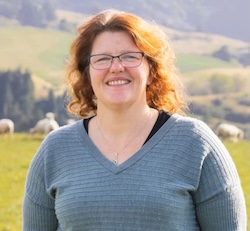
Dr. Umberto Tachinardi
Umberto Tachinardi, MD, is professor and the chair of the Department of Biostatistics, Health Informatics and Data Sciences and associate dean at the College of Medicine of the University of Cincinnati and the Senior Vice President and Chief Health Digital Officer at University of Cincinnati Health and. The focus of his leadership is to advance digital and informatics strategies for the UC Health and the College and accelerate clinical research and innovative healthcare delivery. His work ensures the organizations’ technological approaches continue to be built and maintained in a secure, reliable and sustainable way that will continue to improve health, research, and education.
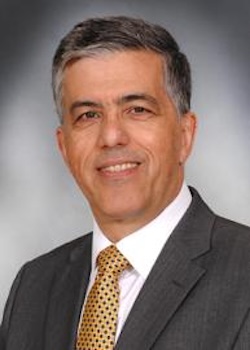
Dr. Elinor Karlsson
Elinor is associate professor at the University of Massachusetts Chan Medical School and the Director of Vertebrate Genomics at the Broad Institute of Harvard and MIT. She is the founder & chief scientist of Darwin's Ark, which is a citizen science project to investigate the genetic basis of the behavior and diseases of dogs and cats. Elinor's vision for Darwin's Ark stems from the invaluable insights of pet owners, blending expert observations with cutting-edge genomics.

Plenary Session Speaker Duels
The aim of the speaker duels is to initiate discussion on a number of issues that are relevant to the future of animal breeding and genetics. Each duel consists of two speakers who each argue for one side of the issue (15 min each), followed by a 15-minute open discussion.
Duel 1) What’s the role of livestock in food production systems of the future?
A) Livestock production will be replaced by insect production, aquaculture, and cell-based meats - Dr. Gertje Petersen, Institute for Apiculture, Celle, Germany
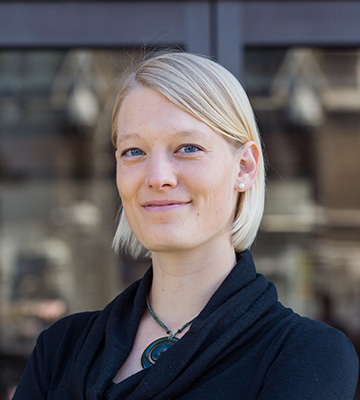
B) Livestock will continue to play a major role in food production but only in a much more circular nitrogen-based system - Dr. Seth Murray, Texas A&M University, US
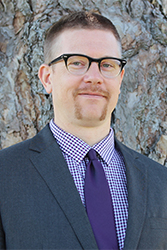
Duel 2) What genetic improvement strategies and technologies should be prioritized for livestock in the developing world?
A) Technology-driven genetic improvement strategies (i.e. reproductive and molecular technologies such as gene editing) - Dr. Christian Keambou Tiambo, ILRI, Kenya
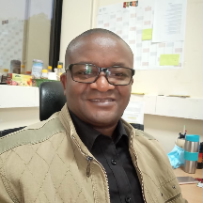
B) Conventional breeding strategies based on phenotype recording etc. - Dr. Gopal Gowane, ICAR-National Dairy Research Institute, India

Duel 3) How to improve prediction accuracy for breeding in the era of big data?
Should the focus be on:
A) The use of big data (phenomics, genomics, other -omics data) to enhance black-box prediction approaches, including black-box quantitative genetics models, machine learning, and AI - Dr. Oscar Gonzalez-Recio, The Roslin Institute and royal (Dick) School of Veterinary Studies R(D)SVS, The University of Edinburgh.

B) Integrating biological knowledge into prediction approaches, including functional genome information and causal or biological models of traits of interest - Dr. Mark Cooper, University of Queensland, Australia

Duel 4) Breeding for disease resistance or resilience.
A) A good idea – Dr. Andrea Wilson, Roslin Institute, UK

B) A waste of time and resources – Dr. Christopher Chase, South Dakota State University, US

Scientific Session Topics
We invite contributions to parallel and poster sessions on topics indicated in Abstract categories and topics. All contributions require submission of an abstract (by November 14, 2025, and formatted following ASAS Abstract Quality Standards) and a 4-page paper (by January 30, 2026).




